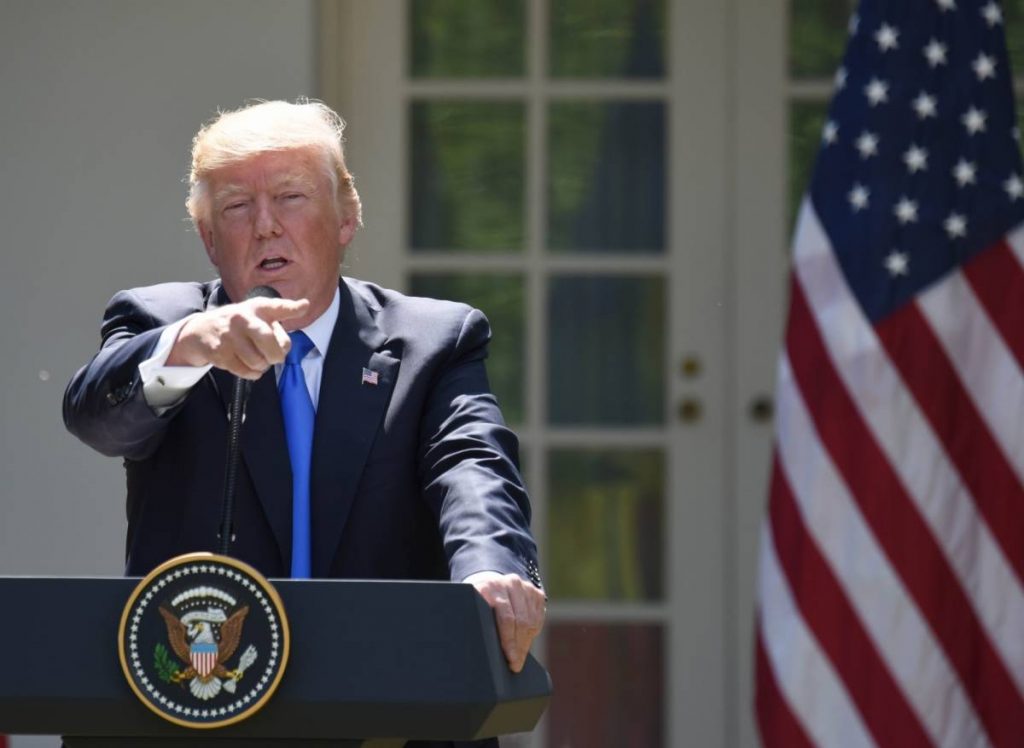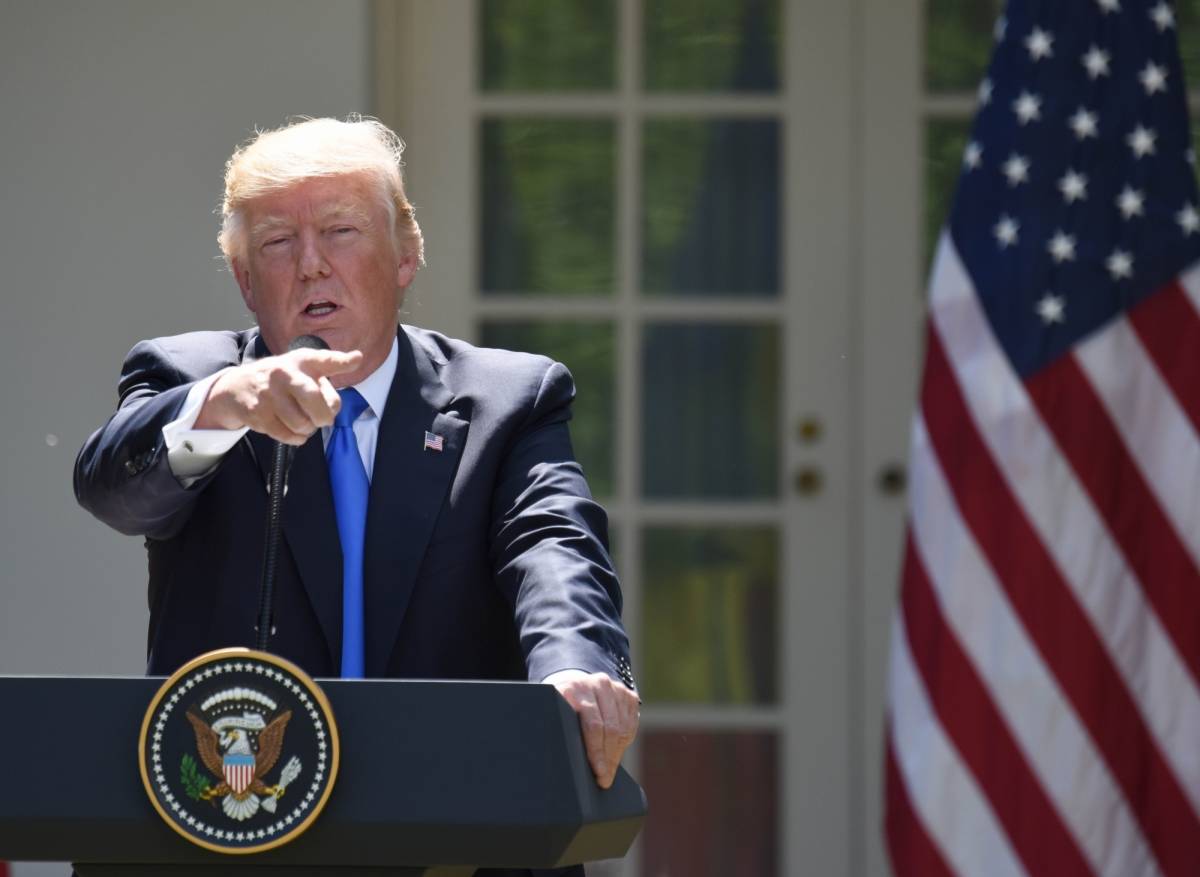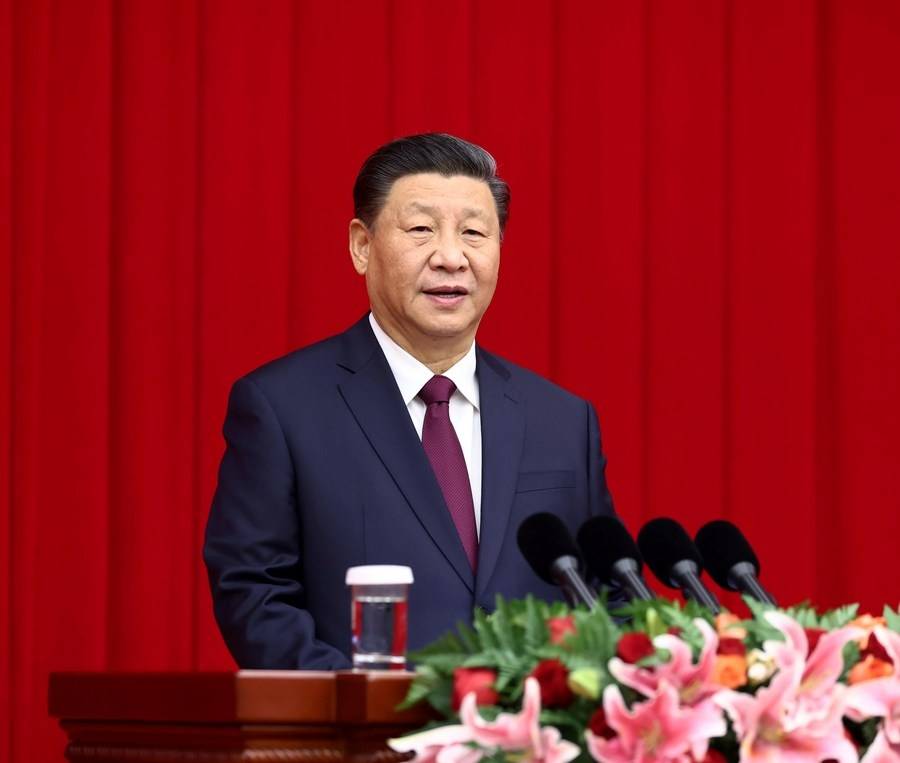Transactions will be prohibited in 45 days, said the order. Other apps include CamScanner, QQ Wallet, SHAREit, Tencent QQ, VMate, WeChat Pay, and WPS Office — which are already banned in India…reports Asian Lite News
Taking India’s example of banning more than 200 Chinese apps, US President Donald Trump has signed a new executive order that blocks transactions with Chinese companies running eight apps, including Jack Ma-owned Ant Group’s Alipay, Tencent’s QQ and WeChat Pay applications.
Transactions will be prohibited in 45 days, said the order. Other apps include CamScanner, QQ Wallet, SHAREit, Tencent QQ, VMate, WeChat Pay, and WPS Office — which are already banned in India.
“The Government of India has banned the use of more than 200 Chinese connected software applications throughout the country; in a statement, India’s Ministry of Electronics and Information Technology asserted that the applications were stealing and surreptitiously transmitting users’ data in an unauthorised manner to servers which have locations outside India,” Trump wrote in his new executive order.
The new executive order follows two earlier ones from Trump in August last year where he tried to ban transactions with ByteDance, TikTok’s parent company, and WeChat.
However, a judge blocked the WeChat ban in September and in October, a judge granted a preliminary injunction stopping the TikTok ban in December.
“The pace and pervasiveness of the spread in the United States of certain connected mobile and desktop applications and other software developed or controlled by persons in the People’s Republic of China, to include Hong Kong and Macau (China), continue to threaten the national security, foreign policy, and economy of the United States,” the executive order further read.

“The US must take aggressive action against those who develop or control Chinese connected software applications to protect our national security.”
The Trump order said that “the continuing activity of the PRC and the CCP to steal or otherwise obtain United States persons’ data makes clear that there is an intent to use bulk data collection to advance China’s economic and national security agenda”.
On June 29 last year, the government banned 59 Chinese apps in the first lot, including TikTok, WeChat, UC Browser and Xiaomi’s Mi Community, over national security concerns amid the border tussle in Eastern Ladakh which led to the death of 20 Indian soldiers in a bloody clash with Chinese PLA troops in the Galwan Valley in June 2020.
Other Chinese apps in the banned list were Club Factory, SHAREit, Likee, Mi Video Call (Xiaomi), Weibo, Baidu, BIGO LIVE and more.
In July, the government barred 47 Chinese apps from operating in the country, which were largely clones of the 59 apps that were banned in June.
The Indian government on September 2 banned 118 apps on national security concerns, including the immensely popular PlayerUnknown’s Battlegrounds (PUBG) Mobile, Baidu and couple of virtual private networks that allowed access to TikTok that was banned earlier.
Continuing with its ban orders on Chinese apps, the Indian government in November blocked 43 new mobile apps, including shopping website AliExpress owned by e-commerce behemoth Alibaba.
Also read:Senate Overrides Trump Veto on Defence Bill









